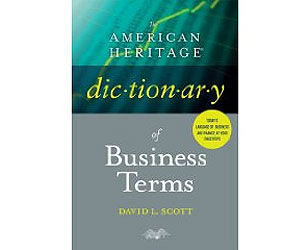Locke had spent some years in Holland, the country of Grotius, who, with help from other great lawyers, and under a misapprehension as to the meaning of the Roman jus gentium, shaped modern concepts of international law by an appeal to law of nature.
He brought out in 1865 an edition of Wheaton's International Law, his notes constituting a most learned and valuable authority on international law and its bearings on American history and diplomacy; but immediately after its publication Dana was charged by the editor of two earlier editions, William Beach Lawrence, with infringing his copyright, and was involved in litigation which was continued for thirteen years.
His son, GEORGE JELLINEK, was appointed professor of international law at Heidelberg in 1891.
This would, however, be highly inconvenient since international law has never been codified.
His special interest in legislation for the working classes led him to be placed upon the Trades Union Commission of 1867-1869; he was secretary to the commission for the digest of the law, 1869-1870; and was from 1877 to 1889 professor of jurisprudence and international law under the council of legal education.





